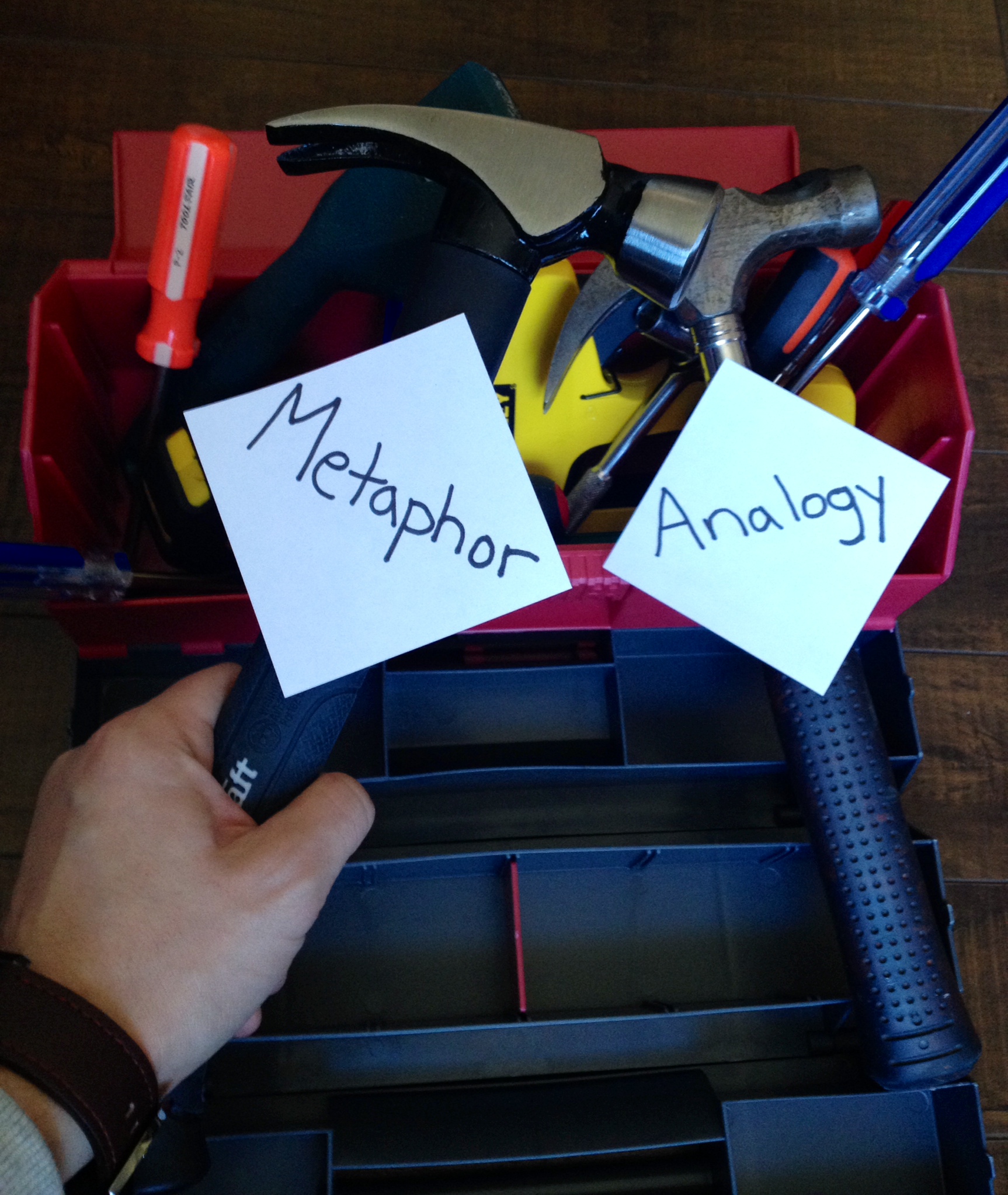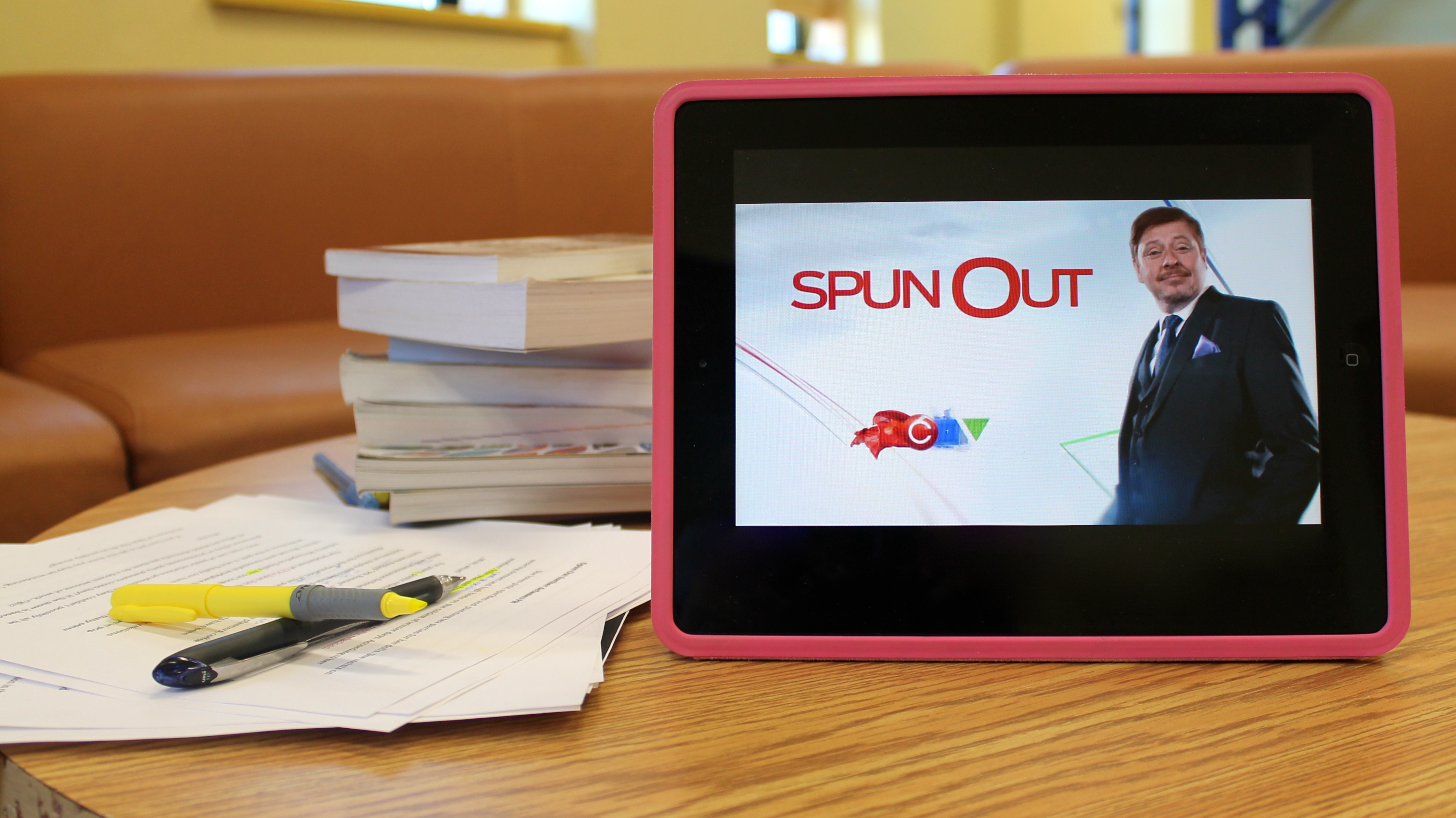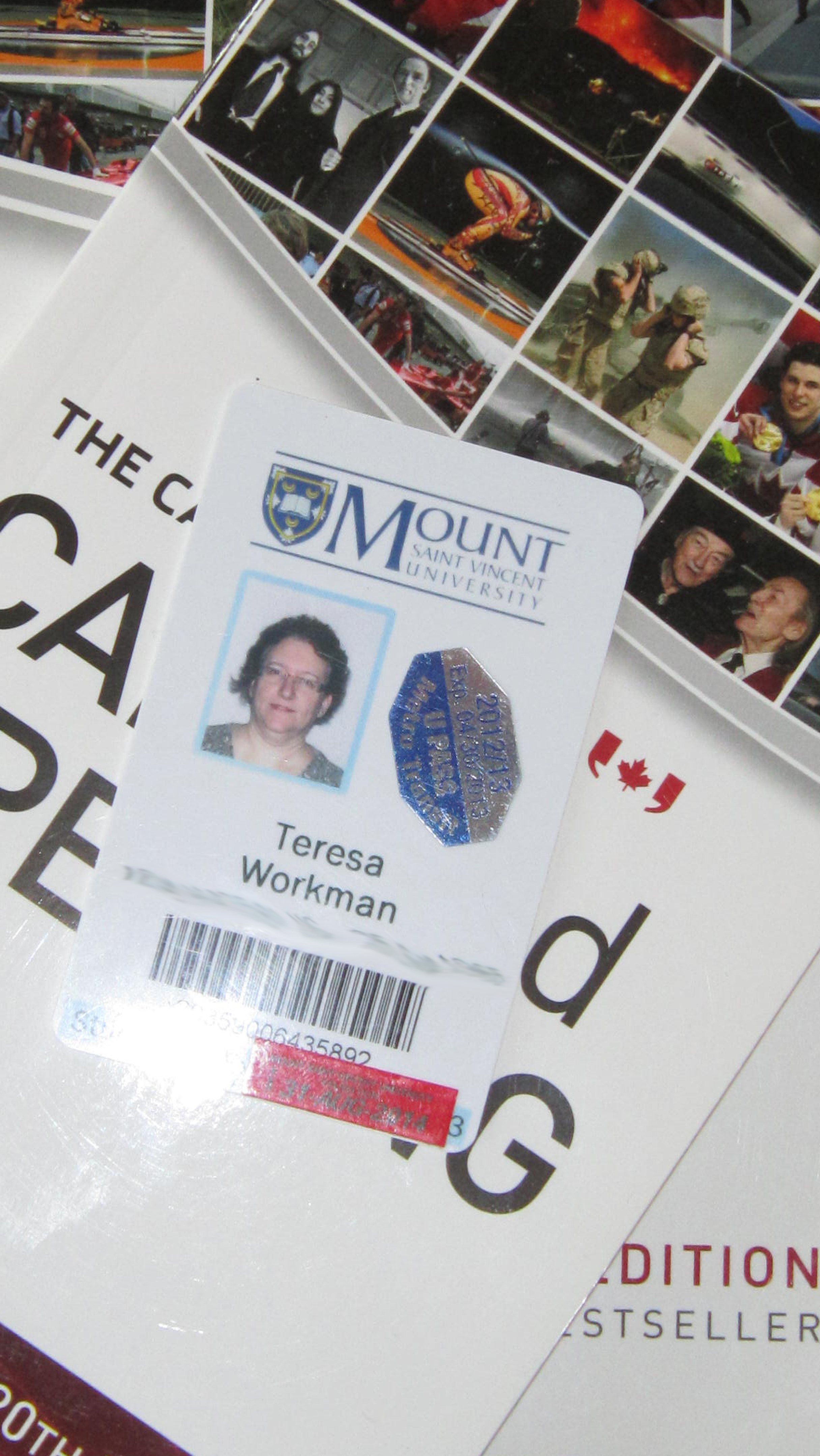Gregory Cutten
Scene: In a darkened theatre a young man emerges onto the stage in full costume. He is Romeo, young gentleman of Verona, looking upon his fair love Juliet in her balcony high above him. The audience is taken with his appearance and eagerly anticipating his lines. He strides commandingly across the stage and begins to speak…
“Oh, I was just going to say…
But soft! I am rattled! What light through yonder window breaks?
It is like, totes the east, and Juliet is legit the sun.
Um, so, Arise, fair sun, and like kill the envious moon,
Who is already totally sick and pale with grief and stuff
That thou, her maid, art like far more fair than she (raised question voice).
Or something…”
Silence from the audience. Confusion. This is not the performance they were expecting…
End Scene.
Already holding an honours degree in English, and now studying Public Relations, I can say that I absolutely LOVE the English language. The sound, the thrill of a well-turned phrase and the soft or forceful words that carry weight simply by being spoken aloud all add to the joy of speaking English. It is a remarkably flexible language and is just as appropriate on the formal Shakespearian stage as it is in the relaxed hallways and classrooms of Mount Saint Vincent.
That being said, there are occasions in which our language is to be put on its best behaviour. Student and youth slang has changed since my first university experience, but the key principles to the formation of clear, concise, professional English remain. There are times and places for slang and informality, and then there are times to put your best command of English on display. We in the PR program, are training to become professional communicators. It is only right to begin to practice what we will soon be paid to do.
In the classroom, we all (theoretically) take part and voice our thoughts through classroom participation and presentations. Furthermore, the time is already here for many of us to be interviewing and preparing for, or returning from co-op. This means interviews, performing while on the job, and returning to school to evaluate our progress and plan for the next opportunity. Clarity of speech is a vital key to our success in these stages and our later professional roles.
I have some examples of common phrases overheard often at the Mount that, are perfectly fine in Rosaria’s cafeteria, Vinnie’s Pub, and Seton’s hallways. However, these should not carry over into classroom presentations or job interviews in front of professors/professionals:
What is said: What is heard:
I was just going to say… Self-deprecation, nerves, uncertainty, lack of confidence
(Beginning a sentence with this phrase denotes fear of the ideas being rejected; you start from a weakened position.)
Rattled, totes, legit Slang
(One day these terms will be like my generation’s “rad, gnarly, NOT!”, and anything quoted from ‘Austin Powers’… groovy baby.)
Um, like, you know Searching for words, scattered thought
(I owe a debt to my grade school English teacher Mr. Fennel for charging his students a nickel for every word like this tossed out in class… we had great pizza parties with that cash flow.)
Making everything a question Lack of conviction
(When everything sounds like a question, the force of the words and your viewpoint are blunted. Speak your mind. Period.)
Or something… Undercutting argument, negating points made
(You’ve made your point, perhaps it was a great one, why add this? Don’t believe me? Try telling your Valentine that you love them, or something…)
Again, this is meant only as a guide to your professional speech. Now go communicate!
Scene: In a busy office, a young MSVU student enters a meeting room in crisp business attire. This is it. This is the student’s big chance. The interviewer is taken with the student’s appearance and is eagerly anticipating the chance to meet the person behind the resume. The student shakes the interviewer’s hand confidently and sits down… Time to begin. Confidently, the student begins to speak…





